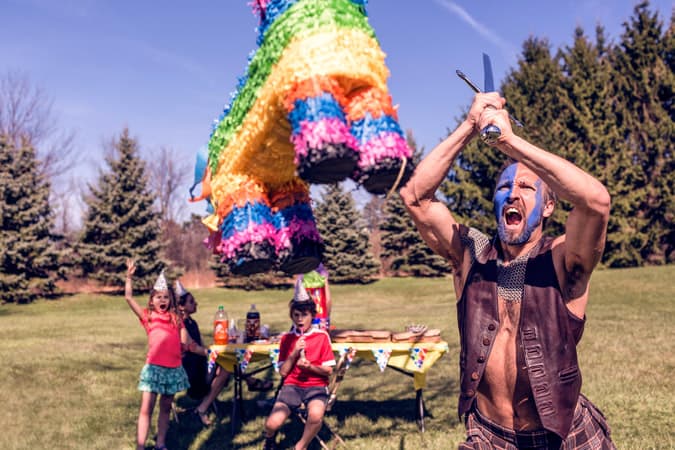My job involves helping people to communicate more effectively with themselves and with others. In organisations this has a powerful impact on their ability to perform as they want to as well as communicate the messages they want to in the most effective way. One of the biggest challenges I have found that people have, including myself, is one form of honesty. Not honesty with others, but honesty with yourself.
Like most people I expect, I value honesty, in relationships, friendships and in business. It is important to me that people do not deceive or trick me. It is important I am given the real deal and not hoodwinked by anyone. I see it as a value that is critical to offer to others as well. In the personal effectiveness or coaching industry, sometimes there is a tendency by a trainer here or there to communicate the idea that they have reached enlightenment, perfection or happy ever after bliss. This is a marketing technique tried and tested for years and often works which is why it is used. Nowadays, however, this involves a lot more work because of the disruption of social media. We have more access than ever to these gurus and we realise their flaws and faults. Since that kind of marketing strategy never sat right for me, I have pretty much always shown a flawed side to myself. Being honest with others is not something I struggle with in terms of my reputation.
Honesty with myself however is another matter. Our own internal communication which takes place between our ears often doesn’t involve just one voice. There is a form of inner group conversation that goes on between different voices in our head. Our moods often determine which voices come to the forefront but it is very easy for us to believe what the voices say or ignore them when they are saying what we do not want to hear.
Sadly, we do not often ignore the horrible insults that come from ourselves to ourselves when we are feeling down. Instead, we tend to ignore the voice that tries to help us change things. We lie to ourselves in the form of excuses, limiting beliefs and disempowering stories. We feed ourselves ideas about us being victims of the world. We convince ourselves that we cannot do anything about it and our attempts will eventually prove fruitless. We argue that we are already doing what we can. That is on one side. On the other side, we lie about positive things as well. We claim that it will be all grand when it is not, that we are doing fine when we are not. That we are doing our best when, in truth, we are just getting by.
This mixture of ‘fake news’ underlies our everyday consciousness such that we find ourselves trapped by our own mental constructions. The only way out is to be honest with ourselves. We need to challenge the idea that we do not have control, the idea of victim. We also need to challenge the notion that we are doing our best when we are not or that things are okay when they are not.
When we can look at the cold hard truth and see the real situation we get the chance to do something about it. But the biggest challenge here comes after we accept that our positive lies are not true. It is within this acceptance that we face the monster of made-up meanings. This is when we start suggesting to ourselves that since things are not grand, it means things are hopeless or because we are not doing our best that means we are undeserving of happiness.
These are the lies that come after the truth and we must be vigilant against them as well. When you are fully honest with yourself, you will understand exactly what the situation is, you will accept it for what it is and focus on what you can do about it. You will do so because you will realise that any evaluation of what that means about you is simply another lie and the truth is that we can only do what we can and know in our heart if it is the best we’ve got.
So, next time you find yourself in excuse mode or berating yourself for something, ask yourself how honest you are being and start the process of doing what you can.





